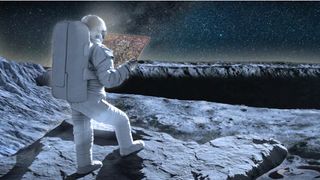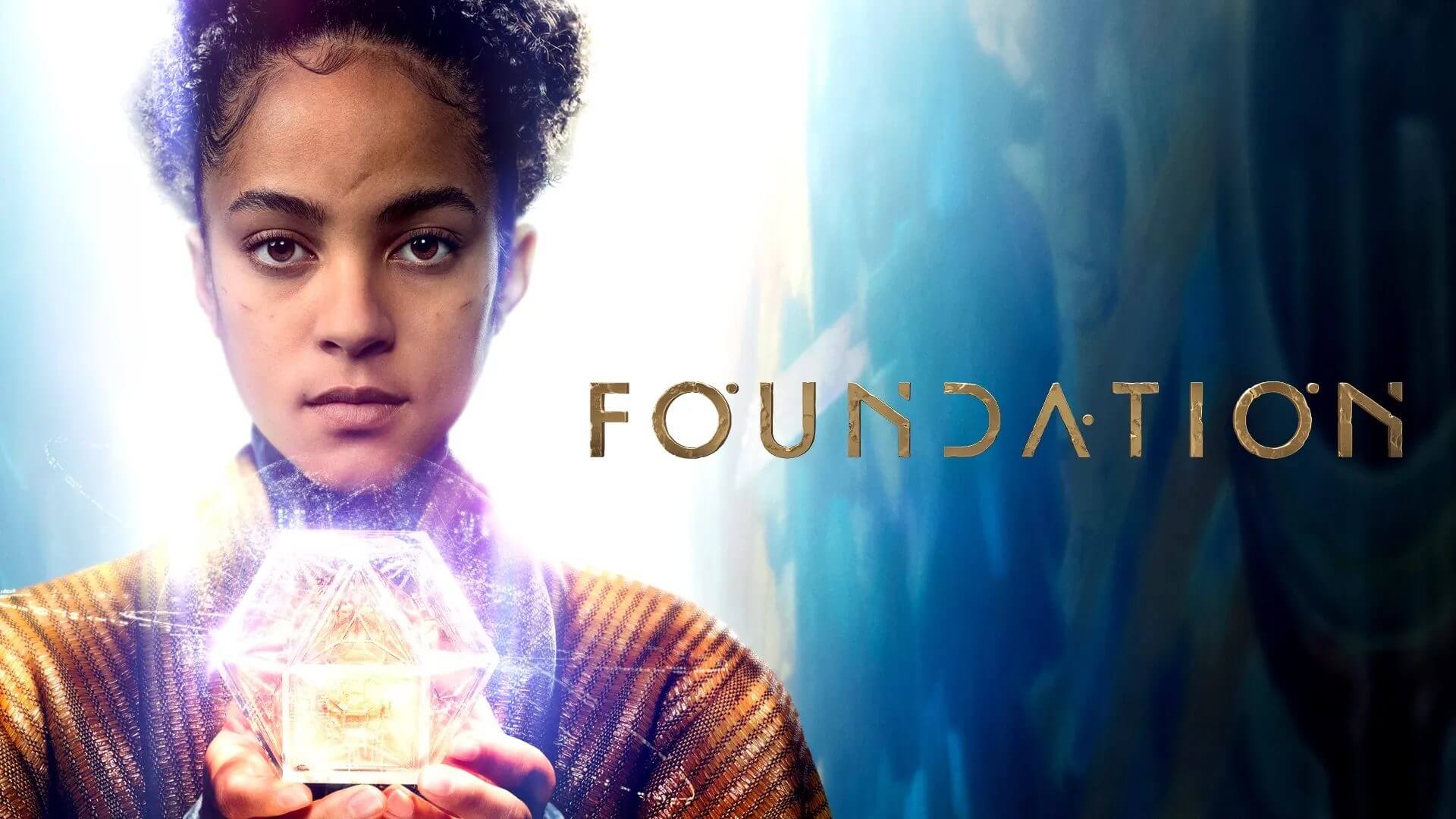
(Image credit: Freelancer)
NASA is seeking the public’s help for innovative solutions to help Artemis astronauts navigate in and around the lunar south pole.
The Artemis program aims to land humans on the moon for the first time since the Apollo missions managed to achieve the feat over 50 years ago. Astronauts will land near the lunar south pole, where permanently shadowed regions may contain areas of water ice that could be accessed to support future missions to Mars.
The Lunar Navigation Challenge, which officially opened on Sept. 4, seeks ideas for a low-tech backup navigational device astronauts can use to find their way across the surface of the moon, traveling to and from the lunar lander, along with creative solutions for accessing and mapping the bottom of Shackleton Crater, which is about 13 miles (21 kilometers) in diameter and 2.6 miles (4.2 km) deep.
“The early Artemis missions will face many new challenges. One of them will be orienteering at the lunar south pole which is complicated by the extreme light and shadows from the low sun elevation,” according to the contest entry page, which is hosted by freelancer.com. “These conditions make it harder for the astronauts to orient themselves by only line of sight when performing Extravehicular Activities (EVAs).”
Related: Missions to the moon: Past, present and future
Both individuals and teams are invited to participate in the challenge. Designs submitted for consideration must take into account the extreme environment of the lunar surface and ensure accuracy, ease of use (while using pressurized astronaut gloves) and autonomy — meaning they cannot rely on power, electronics or internal software.
Traversing and mapping Shackleton Crater, which is one of the largest permanently shadowed regions on the moon, will be particularly challenging due to difficult topography — including steep crater walls, cliffs and large boulders — low temperatures, a lack of magnetic field, extremely low atmospheric pressure and limited satellite data of the area or sightlines to other celestial or orbital bodies, according to the contest page.
Two sections of the challenge will be judged independently. Participants can submit to either or both challenges, the first of which — developing a low-tech orienteering device — has a prize of $15,000, while the second — creating a method to survey and map the bottom of Shackleton Crater — has a $30,000 award. An additional $5,000 will be distributed among solutions from both challenges that show exceptional achievement, for a grand total of $50,000 in prizes.
Freelancer.com will host an informational webinar with NASA to answer questions about the challenge on Oct. 2 at 12 p.m. EDT. Participants can register for the event online. More information about the challenge and official rules can also be found online.
All participants are required to complete an entry form for each challenge. Submissions for the challenges must be received by Nov. 25 and winners will be announced on Jan. 15, 2025.
Join our Space Forums to keep talking space on the latest missions, night sky and more! And if you have a news tip, correction or comment, let us know at: community@space.com.
Note: This article have been indexed to our site. We do not claim legitimacy, ownership or copyright of any of the content above. To see the article at original source Click Here













